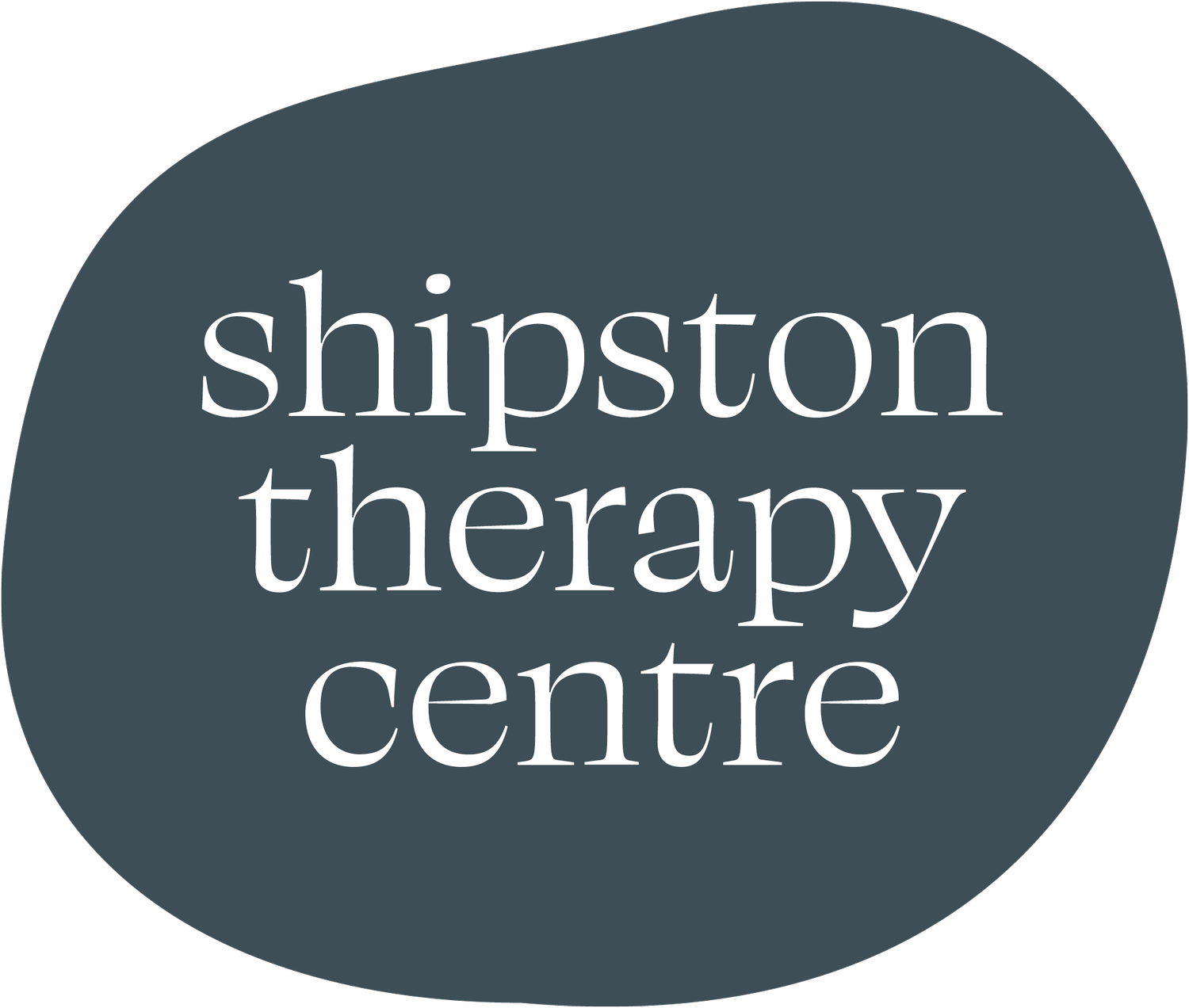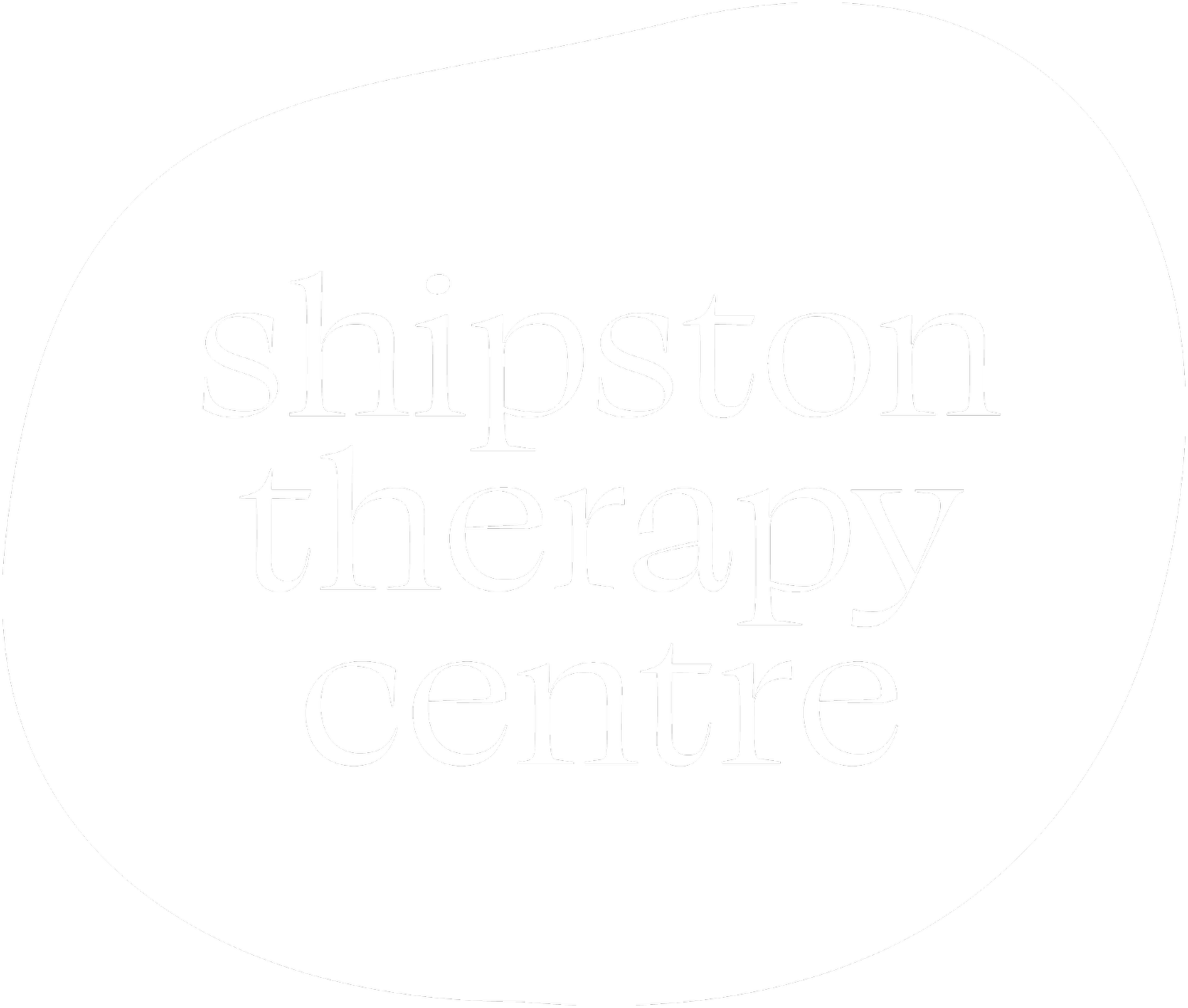counselling
counselling therapy provides a safe and confidential space for you to talk to a trained professional about your issues and concerns. A counsellor will not give you their opinions or advice or prescribe medication. They will help you find your own solutions – whether that’s making effective changes in your life or finding ways of coping with your problems.
They will help you explore your thoughts, feelings and behaviours so you can develop a better understanding of yourself and of others; improving communication and relationships.
For couples the goal is to help partners identify and resolve conflict to improve their relationship satisfaction.
Counselling can be helpful for those experiencing a range of issues, such as communication problems, conflicts, infidelity, sexual difficulties, or financial stress. It can also be beneficial for those who are experiencing difficulties with parenting or coping with life transitions. It allows time and space to look at areas of concern and provides the chance to consider your thoughts, feelings and situations in a confidential, supportive, non judgemental environment with someone who is trained to listen and to help you make sense of what is happening.
Overall, it can provide tools and strategies to improve relationships and strengthen bonds. It can also help gain a better and deeper understanding and develop more effective ways of communicating and resolving conflict.
what to expect and more
Practitioners:
Rebecca Brewster - by arrangement - individuals
Karen Undrill - Mondays and Thursdays - individuals & couples
Samantha Beishon - flexible, by arrangement
Claire Friday - Mondays and by arrangement
Price:
Prices vary from £60 - £70 per individual or couple. Please speak with your chosen practitioner.
What to expect:
During counselling, your counsellor will work with you and / or both partners to help identify issues in the relationship and explore ways to address them. Your practitioner may use various techniques and approaches, such as cognitive-behavioural therapy, solution-focused therapy, or emotionally focused therapy.
It typically involves several sessions, and the frequency and length of the sessions may vary depending on needs of the couple. Your practitioner may also assign homework or exercises for the couple to work on between sessions.


